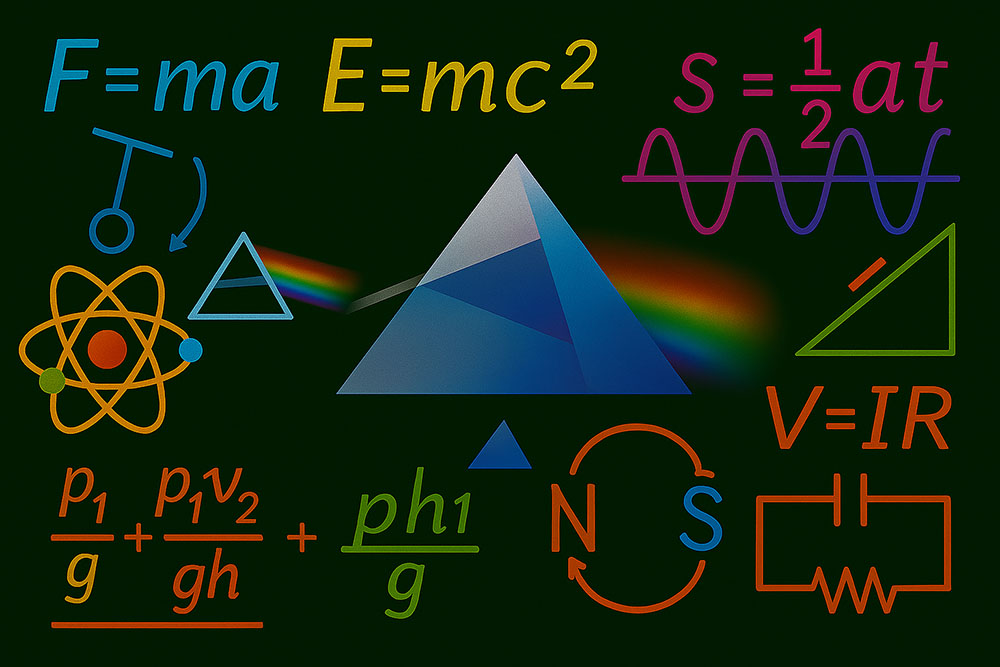- Home
- Department
- Department of Physics
Department of Physics
Established in 2018, the Physics Department at Chirchik State Pedagogical University is a leading center for physics and astronomy education and research. It offers diverse bachelor's and master's programs, covering classical and modern physics, astrophysics, and educational methodologies. The department is actively engaged in cutting-edge research in theoretical and applied physics, nanotechnology, astrophysics, and educational methods, aiming to enhance the quality of physics and astronomy education to meet international standards.
Year of Establishment: 2018 Address: Tashkent region, Chirchik State Pedagogical University, Building 1, Room 401.
The Physics Department was established on August 29, 2018, by Decision No. 1 of the Council of the Tashkent Region Chirchik State Pedagogical Institute. Previously, it operated as part of the "Exact Sciences" department, but later became an independent department. Currently, the department is responsible for teaching the following subjects for the 60110700 - Physics and Astronomy, 60530500-Physics, 60530700 - Astronomy educational programs:
- "General Physics (Mechanics)"
- "General Physics (Molecular Physics)"
- "General Physics (Electricity and Magnetism)"
- "General Physics (Optics)"
- "General Physics
(Atomic Nucleus and Elementary Particle Physics)" - "General Astronomy"
- "Astrophysics"
- "Theoretical Physics 1"
- "Theoretical Physics 2"
- "Mechanics"
- "Molecular Physics"
- "Electricity and Magnetism"
- "Optics"
- "Atomic Physics"
- "Atomic Nucleus and Elementary Particle Physics"
- "Electronics and Signal Processing"
- "Astronomy and Astrophysics"
- "Theoretical Mechanics"
- "Electrodynamics"
- "Mechanics and Molecular Physics"
- "Applied and General Astrophysics"
- "Mathematical Methods of Astrophysics"
- "Galactic Astronomy"
- "Fundamentals of Cosmogony"
- "Fundamentals of Theoretical Physics"
- "Celestial Mechanics"
- "Solar Physics"
- "Stellar Physics"
Additionally, for the 70530510 - Methodology of Teaching Exact and Natural Sciences (Physics and Astronomy) specialization, the following subjects are taught:
- "Fundamental Principles of Modern Physics and Astronomy, Classical and Quantum Aspects"
- "Methods of Experimental Physics"
- "Nanotechnologies and Nanophysics"
- "Astrophysics and Stellar Astronomy"
- "Additional Chapters of Classical and Quantum Physics"
- "Solar Physics and the Influence of the Sun on Earth"
Department Mission and Objectives
Department Mission: To elevate the content of Physics and Astronomy educational programs to international standards.
Our Objectives:
- Improve the quality of physics education through professionally oriented programs and advanced pedagogical methods.
- Expand international cooperation – establish partnerships with universities, the scientific community, and educational projects.
- Develop the scientific research environment – become an advanced scientific center for physics and engineering sciences.
Educational Programs and Curricula
Available Educational Programs and Curricula:
Educational Program: Bachelor's
- 60530500 - Physics (Qualification requirements, curriculum)
- 60530700 - Astronomy (Qualification requirements, curriculum)
- 60110700 - Physics and Astronomy (Qualification requirements, curriculum)
Educational Program: Master's
- 70530510 - Methodology of Teaching Exact and Natural Sciences (Physics and Astronomy) (Qualification requirements, curriculum)
Research Areas and Projects
The Physics Department conducts research in several strategic areas, leveraging modern scientific achievements. The main goals of the research are to develop modern teaching methods in physics and astronomy, expand cooperation with the international scientific community, and achieve practical results. The department conducts research in the following key scientific areas:
Theoretical and Applied Physics Research: This area focuses on quantum mechanics, theoretical physics, and the physical properties of matter. Specifically, scientific research is conducted on the optical and electrical properties of semiconductor materials (I.G. Tursunov), the propagation characteristics of electromagnetic waves in various media (S.Z. Rakhmanov), and the modeling of physical processes based on unconventional physical models (K.R. Nasriddinov).
Nano and Materials Science Research: Scientific work is carried out on modern nanotechnologies, new materials, and their physical properties. In particular, the optical and electrical properties of nanoparticles and their changes under the influence of temperature and pressure are deeply investigated (K.R. Nasriddinov, S.Z. Rakhmanov).
Astrophysical Research: Physical studies of stars and galaxies are one of the important scientific directions of the department. Specifically, research is conducted on the analysis of observations of binary stars obtained with optical telescopes (Sh.E. Nurmamatov) and the surface density of rich galactic clusters (S.Sh. Kutlimuratov).
Methodology of Physics and Astronomy Education: Research is conducted on developing the methodology of teaching physics and astronomy and implementing innovative approaches in the educational process. This includes effectively organizing experimental physics lessons through interactive methods (A.N. Ernazarov), developing astronomy education based on scientific research achievements (A.M. Tillaboyev), methodologies for using digital technologies in organizing independent study for students in general astronomy (Sh.P. Begzatova), methodologies for developing professional competence of future physics teachers in the context of an educational cluster (Y.Kh. Khudoyberdiyeva), and methodological research aimed at forming physical thinking in students based on individualized learning (A.O'. Umbarov).
Energy and Ecological Physics Research: Research is conducted on the use of alternative energy sources, environmental safety, and the development of green technologies. Scientific work is carried out to increase the efficiency of wind and solar energy utilization technologies (U.A. Eshniyozov) and to create energy-saving innovative systems (B.Kh. Eshchanov).
These scientific directions serve to enhance the research potential of the Physics Department, solve modern physical problems, and improve the quality of education.
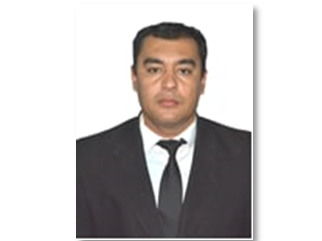
Tillaboev Azlarkhon Magbarkhonovich
Head of the Department of Physics
- Phone: +998717166805
- Email a.tillaboyev@cspu.uz
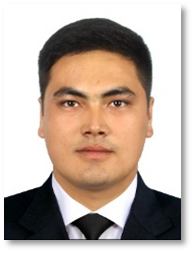
Ernazarov Abdurazzok Nizamiddinovich
Acting Associate Professor of the Department
- Phone: +998946509207
- Email a.ernazarov@cspu.uz
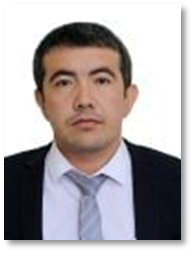
Umid Eshniyozov
Dotsent v.b.
- Phone: +998949423825
- Email u.eshniyozov@cspu.uz
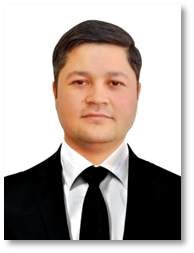
- Phone: +998935721239
- Email s.kutlimuratov@cspu.uz
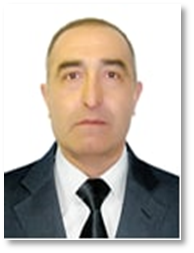
Nasriddinov Komiljon Raxmatovich
Professor
Doctor of Physical and Mathematical Sciences
- Phone: +998935201036
- Email k.nasriddinov@cspu.uz
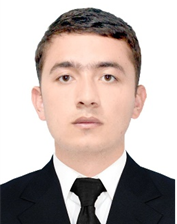
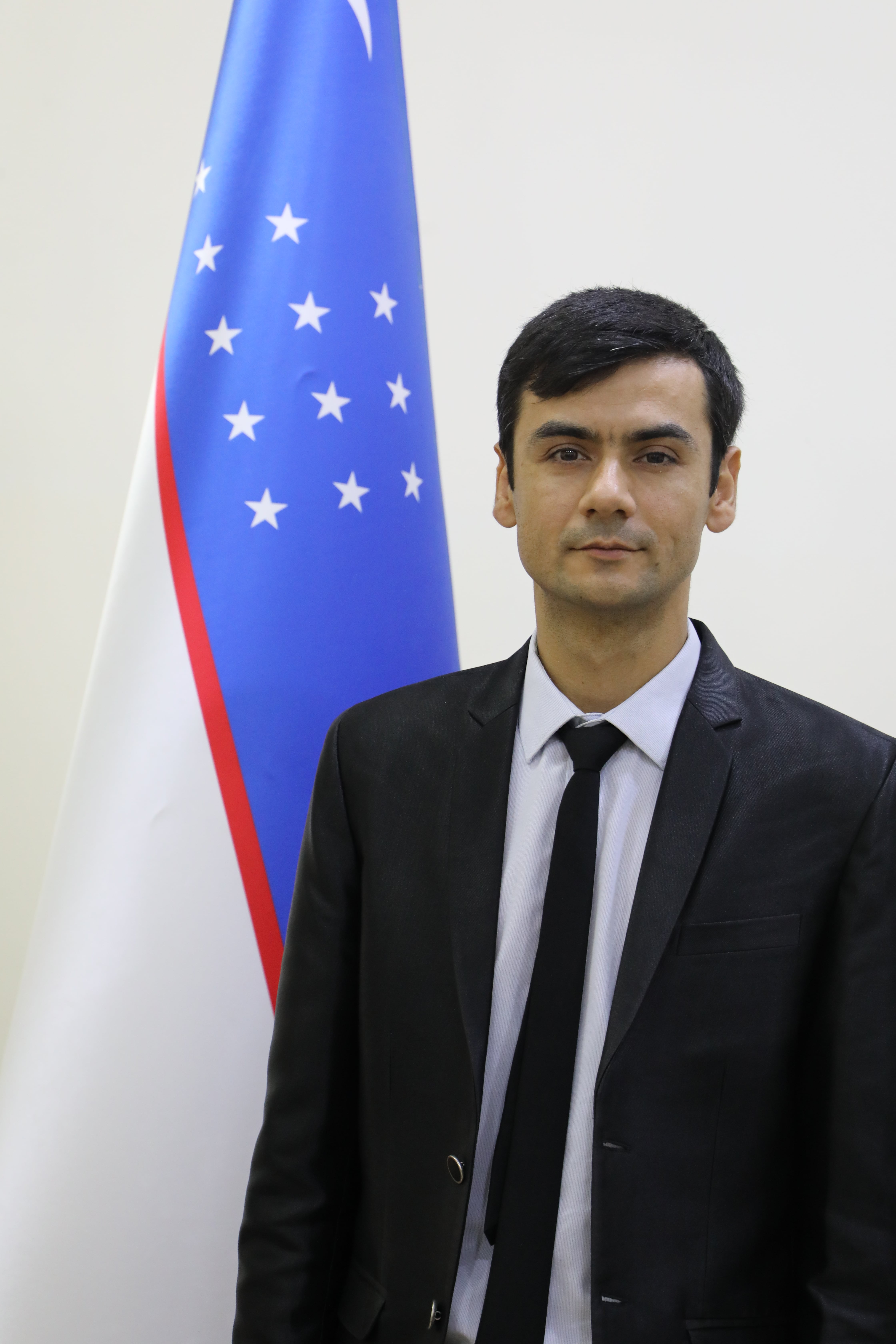
Raxmanov Saparboy Zaripovich
Kafedra dotsenti v.b.
- Phone: +998943124792
- Email s.raxmanov@cspu.uz
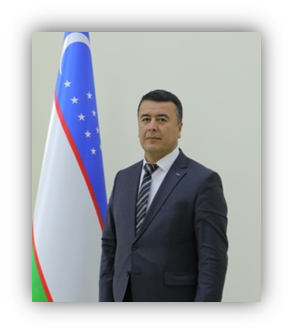
Tursunov Ikromjon Gulamjonovich
Dean of the Faculty
- Phone: +998977407943
- Email i.tursunov@cspu.uz
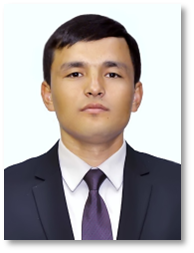
Abduvokhid
teacher
- Phone: +998 99 484 94 07
- Email umbarovabduvohid@gmail.com
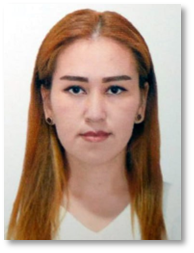
- Phone: +998717166805
- Email y.xudoyberdiyeva@cspu.uz
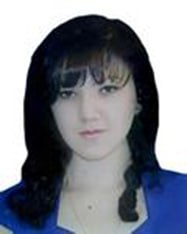
Begzatova Shaxnoza Paxriddinovna
senior lecturer
- Phone: +998717166805
- Email sh.begzatova@cspu.uz
The department has organized clubs aimed at students' in-depth study of specialized subjects.
🔬 Strengthening theoretical knowledge - the topics covered in the classes are studied in more depth, explained with practical examples.
🛠 Formation of practical skills - the opportunity to perform laboratory work, conduct experiments and conduct scientific research is created.
📡 Working with innovative technologies - there will be an opportunity to get acquainted with optics, quantum mechanics, astronomical observation methods and modern physical instruments.
🚀 Participation in projects - the opportunity to conduct research projects, write scientific articles, participate in conferences.
🤝 Development of teamwork and thinking skills - the skills of working in a group, sharing experience and solving problems are formed.
🎯 Preparation for the future - the experience gained by students will help them prepare for scientific work, grants and master's programs.
Physics and astronomy clubs not only increase theoretical knowledge, but also develop practical skills, preparing students for future scientific or technical careers.
Direction to scientific activity
The faculty of the department has developed special scientific tablets for working in an individual educational environment to direct students and researchers to scientific activity.
Students can participate in scientific conferences and projects with their scientific articles, research papers and innovative ideas.
DIRECTION OF STUDENTS AND RESEARCHERS TO SCIENTIFIC ACTIVITY |
No news associated with this tab.
